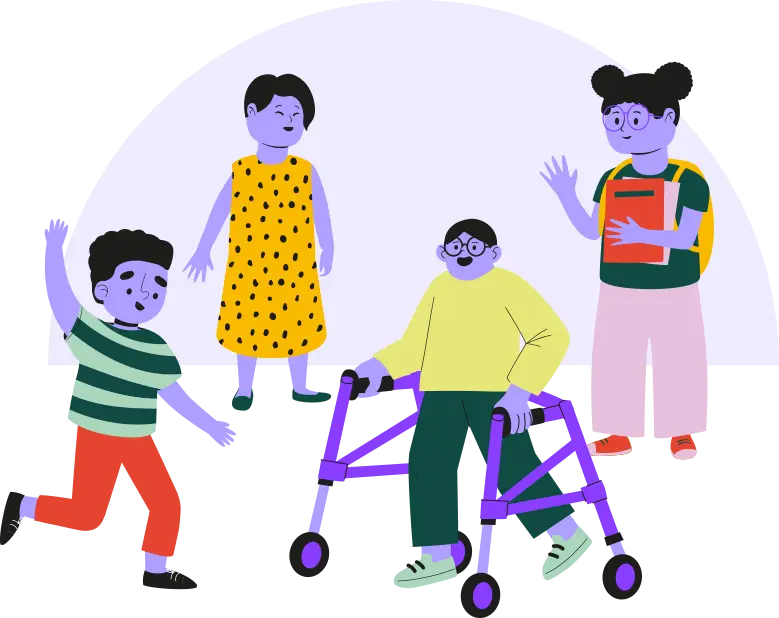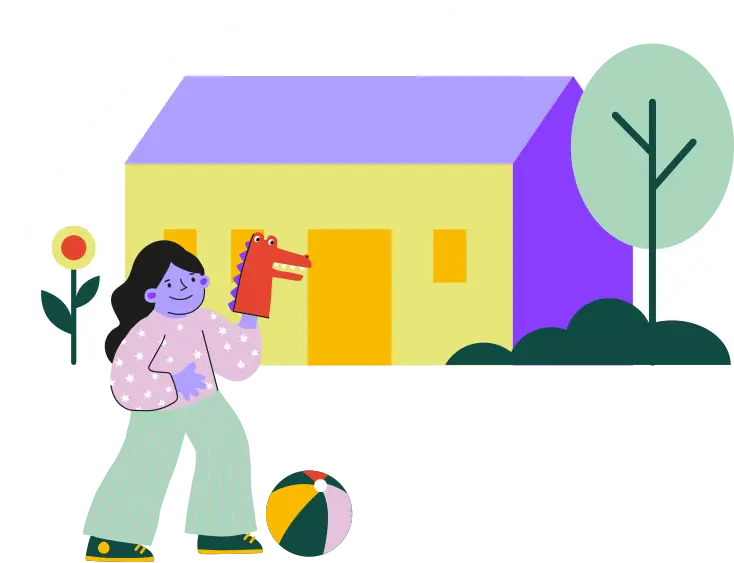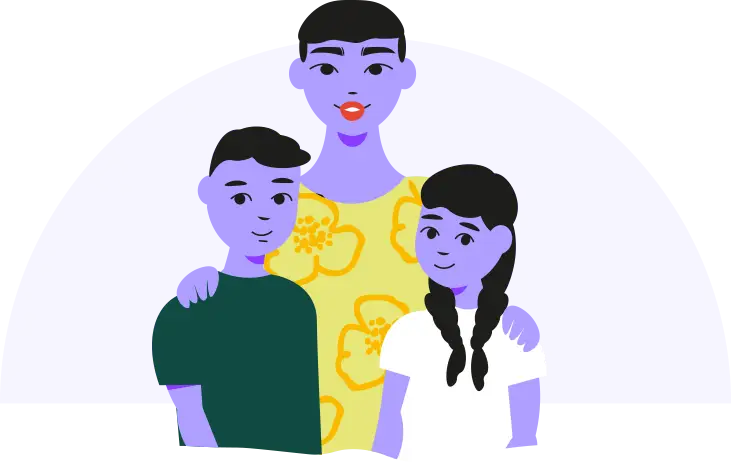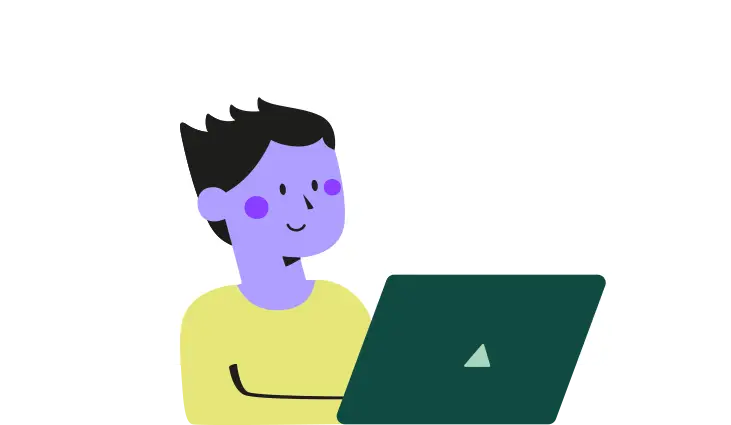Do you and your mom experience violence at home? Do your dad or granddad hit, shout or threaten you and your mom?
Here you can get help. You can call the counselling centre with your mom and go there for a discussion.
If you cannot stay at home any longer, you can live at a women’s refuge. On the next page, you will be provided with more information on the women’s refuge.

A women’s refuge is a safe place that is secret.
You and your mom are safe from violence here. Only women, children and young people live here. Only women work at the women’s refuge to help and support you and your mom (for example, when finding a new school for you). You will be listened to and believed. You can come to us with your worries. You will be helped if there is an argument. Nothing will be passed on without informing you.
You live in a room with your mom. You share the kitchen, bathroom and living room with others.
Other children also live in the women’s shelter with their mothers. We have opportunities to play and regularly have a great children’s program and excursions.


At the women’s refuge, you and your mom are safe from violence.
Violence can be: hitting, shouting, scaring, locking up, touching even if you say no, blackmailing, taking money away, if you are not allowed to tell anyone, etc.
Mom can always call us. If mom does not speak much German, we will get a person who translates for her.
If it is dangerous, call the police first.
Telephone number: 110
The police will come in any case and help you. If necessary, the police can send your dad away from the apartment for 10 days.
We will tell your mom a meeting point where we will pick you up
and bring you to the women’s refuge. There you will be safe.
You can bring your toys, cuddly toys, clothes and school things with you. If something is missing, we will help you to get them for you.
There is an international, free child helpline where you can call anywhere in Europe:
The Nummer gegen Kummer (Number Against Sorrow) is a free telephone helpline for children and young people. They will help you with all your questions, worries and problems.
Availability: Monday to Saturday from 2 – 8 pm
You can call here day and night. The call is free of charge!
You can also contact the telephone counseling service by email or chat at
:
There are many help and information centres.

All donations are tax-deductible. Donation receipts will be issued.
Please provide your address for this purpose.
For donations up to €300, proof via bank statement is sufficient for tax purposes.
If you’d like to support a specific project, please indicate this under “Purpose” (e.g., Women’s Shelter Münster/Telgte or Women’s Counseling Center).´
Donation Account
Frauenhaus und Beratung e.V.
Sparkasse Münsterland Ost
IBAN: DE45 4005 0150 0000 3015 98
BIC: WELADED1MST
A person can face multiple forms of discrimination for different reasons.
This might be due to their gender, skin color, social class, a disability, or sexual orientation.
All these aspects of a person are interconnected and influence each other.
This means everyone has their own experiences with discrimination and may face multiple forms of discrimination for different characteristics.
For instance:
All these factors work together, making the person’s situation more difficult.
Patriarchal violence affects many areas of the society we live in. Everything considered “female” is subordinated to what is “male.” Men have historically enjoyed and still have many advantages over women, along with more power.
This occurs both at home and in public spaces – for example, at work, in politics, in government agencies, or in social environments.
Violence happens because many people think men are better or more important than women.
This often leads to women doing unpaid caregiving and household work, earning less money, or lacking access to education and school.
Patriarchal violence often aims to ensure that people who do not fit the accepted image of masculinity are oppressed and have less power.
Patriarchal violence also means that men or groups of men use violence to maintain power over women and other genders.
This violence can be physical, verbal, or take the form of control over finances.
Examples include when men: